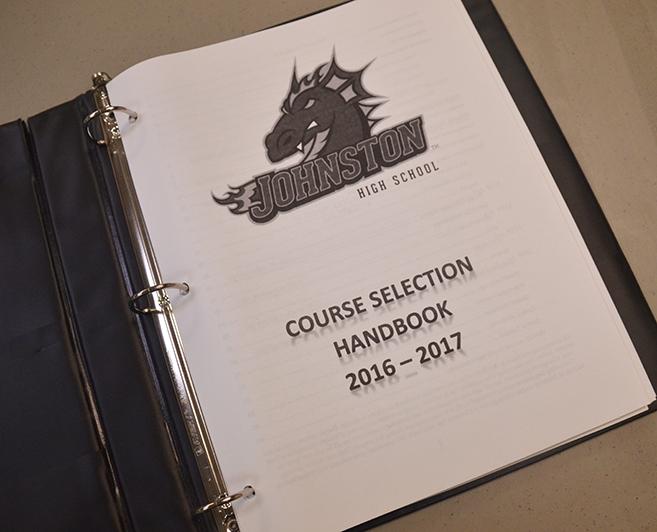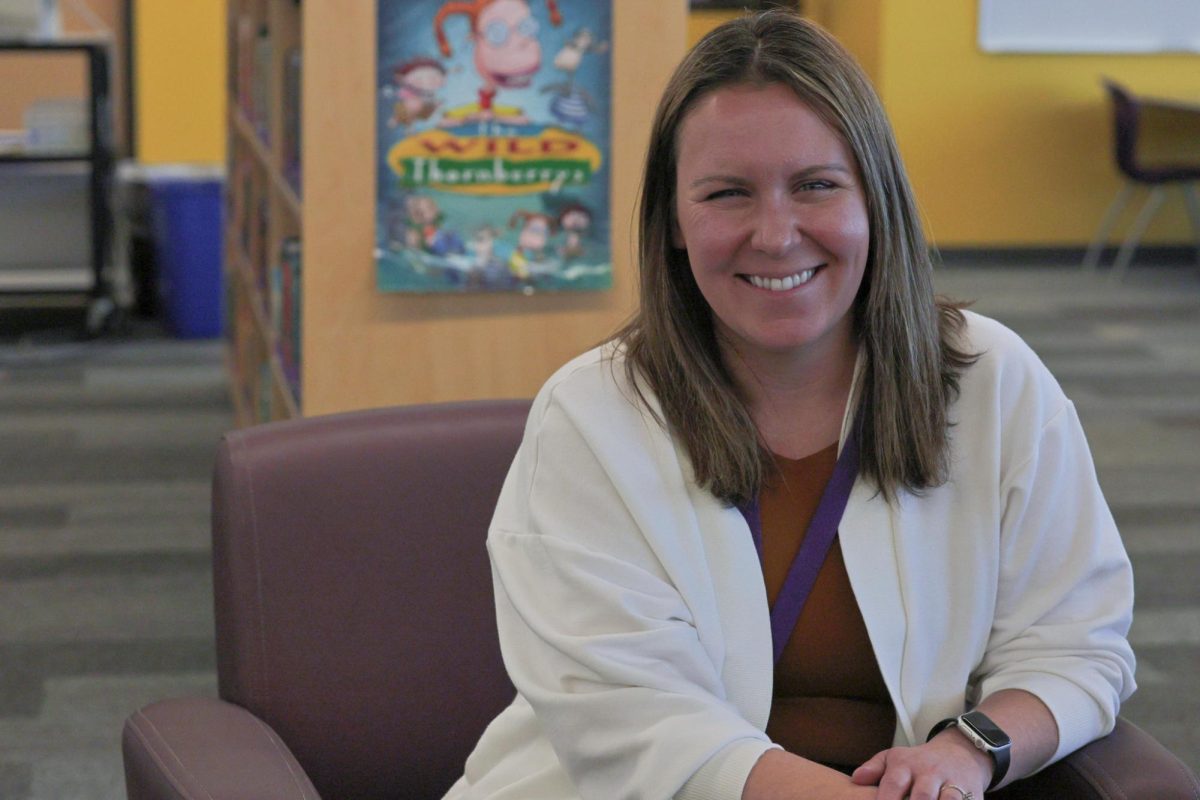Biology, Calculus and World History are just some of the many classes students think of when they hear “AP class”. Starting next year however, there will be two new additions to this ever growing list of available Advanced Placement classes: AP Language and Composition and AP Environmental Science.
These new classes will provide students with more advanced courses to choose from. “We’re always looking for new ways to challenge kids and to add meaningful coursework to the district,” science teacher Kyla Burns said. Burns will be teaching the new AP Environmental Science class offered next year. The school district felt the need for more advanced courses, and these two new AP courses satisfied that need.
English teachers Ed Walker and Mark Schillerstrom are working on the curriculum for the new AP Language and Composition class. “We won’t know teaching assignments until we have enrollment numbers in for the class,” Schillerstrom said. The class will be offered to juniors and seniors, and it will be duo credit.
AP Language and Composition will be based off of two current frameworks classes: Ideas that change the world and Power of persuasion. These two classes will not be offered next year, since their topics will be covered in the new class. Since AP Language and Composition is so heavily based on Power of Persuasion, it is not recommended that juniors who have already taken Power of Persuasion take AP Language and Composition next year. AP Language and Composition will mostly be about argumentation. Students will analyze other people’s arguments and write and present their own arguments as well. “If you’re interested in argument and persuasion, then AP Language and Composition would probably be a pretty close fit,” Schillerstrom said.
Many different types of students have decided to take AP Language and Composition, and for a variety of reasons. One of these students is Junior, Addison Seybert who is currently taking AP US History and AP Psych. “I love English and hope to one day be an English teacher,” Seybert said. “Since it’ll be my senior year, I want to take classes I’ll enjoy.” Junior Anne Krone signed up for AP Language and Composition because she thinks it will help her with college and writing essays.
Junior Carson Mithelman has never taken an AP class before, but decided to take AP Language and Composition. “I wanted to take an AP class but everyone talks about how AP Literature is terrible,” Mithelman said. “So when I read the class description I was intrigued because it’s a lot about persuasion through writing, and I think that could be something useful in the future.”
The other new AP class being offered next year is AP Environmental Science. Prerequisites for this class include Algebra I and Biology. The class is open to all sophomores, juniors, and seniors who meet the requirements. “I took regular Environmental Science this year and I loved it so much that I couldn’t not take AP Environmental Science,” junior Peter Beebe said.
Unlike regular environmental science taught by Matt Jaschen, AP environmental science will be a year long course. “If [environmental science] is something you want (AP) credit for, then you’d take the AP course,” Burns said. “If it’s just interest level, then Mr. Jaschen’s regular environmental science class is a great course too.”
AP Environmental Science will be dealing with the same basic concepts as the current semester long Environmental Science class, like what is happening to Earth’s systems as the human population continues to grow larger. AP Environmental Science will be doing a lot more mathematical computations, and statistical analysis of data than the semester long course. It will be at a faster pace, and will be more in depth in order to meet AP requirements and standards. “I think everyone should take an environmental science course sometime in their career because we’re all citizens of this world,” Burns said.
Specific topics that will covered in AP Environmental Science include learning about pollution, land and water management, human population growth and its effects, conservation, biodiversity, renewable resources, and many more. Students will look at soils and agricultural use, and have opportunities to go out and do water quality testing.
Many students feel intimidated by AP classes, but the teachers all agree that AP classes are very helpful to students. “One of the best experiences I had as a high school student was taking an AP class,” Walker said. “On paper there was probably no defense for me taking it, because I wasn’t a very strong student. It helped me immensely.”
On the flip side, Schillerstrom has a few words of caution to students planning to take AP classes. “[Students] need to look at the entirety of their course load, and the amount of time they expect that will take, so that you they can have a balanced workload,” Schillerstrom said. “They think that if they are strong students, they have to take them all. You don’t have to take every AP course.”








